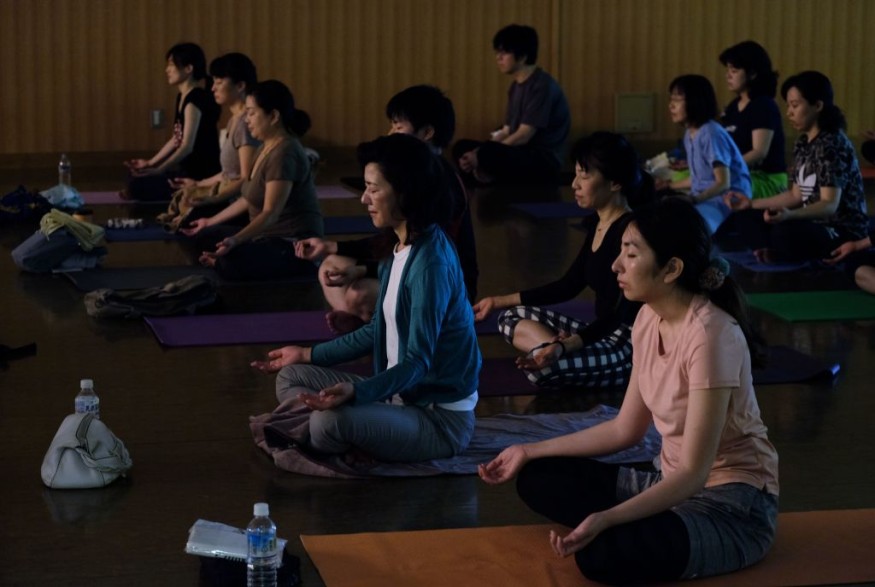Meditation can help protect older people aged 65 years and above from the degenerating and life-threatening Alzheimer's disease, according to a new study led by scientists in France. The ancient relaxation technique boosts the brainpower of the elderly, especially brain functions like attention, awareness, and emotional health, which are amongst to gradually decline during the disease.
There is still no universal cure for the neurodegenerative disease, but recent research has shown that we are getting closer to it. Regardless, the France-based scientific team suggests their findings could shed light on how the mental ailment works and pave the way for improved therapies. The team also adds the evidence that mindfulness alone reduces symptoms and even helps people to fend them off.
Potential Alzheimer's Treatment

The study was published in the journal JAMA Neurology, wherein the scientists in France said they arrived with their conclusion by enrolling French participants in an 18-month course rather than giving them English lesson to keep their brains busy.
They found that meditation was a superior non-native language training, improving mental health and other aspects physical and mental health.
What is Meditation?
Meditation is known as a technique used for thousands of years to practice awareness of the present moment, as well as sharpen focus and attention. It is also a means to control emotions, alter consciousness, and reduce stress amid busy schedules and demanding lives. Evidence has shown that the ancient relaxation technique has physical and psychological benefits, according to Healthline.
The most crucial part of meditation is how individuals will relax their bodies and control their breathing. As a result, the technique is used widely in different disciplines such as yoga, which is a combination meditations, exercises, and body poses.
Healthline outlines the following nine most popular meditation types:
- mindfulness meditation
- spiritual meditation
- focused meditation
- movement meditation
- mantra meditation
- transcendental meditation
- progressive relaxation
- loving-kindness meditation
- visualization meditation
Ancient Relaxation Technique
Scientific literature on the connection between meditation and Alzheimer's disease is not fully concrete yet. However, the technique has long been thought and practice under spiritual traditions without any linear cultural or religious origin. While ancient in origin, it is still practiced today in many cultures worldwide to develop a sense of calm, peace, and harmony in their lives.
There is no specific timeline for the origin of meditation. Yet, it was revealed that some archaeologists date the ancient relaxation technique as early as 5,000 BCE, according to Psychology Today, as cited by TIME magazine. Furthermore, it was found that the practice has religious ties with ancient Egypt and China.
Alzheimer's Disease
While the JAMA Neurology research proves to be a breakthrough discovery, Alzheimer's disease still continues to be one of the world's notorious mental illnesses that affects elderly people, affecting their daily lives and sometimes lead to death, but in a slow process.
The disease is the most common form of dementia, an umbrella term rather than a specific disease used to describe a person's impaired ability to make decisions, remember, or think that interferes with engaging in everyday activities, according to the Centers for Disease Control and Prevention (CDC).
While the specific cause and mechanisms of Alzheimer's disease remains unknown, the CDC says family history is the most significant risk factor in the increased risk of developing the disease by 10% to 30%.
Related Article: Mindfulness Meditation may Lower Anxiety, Depression: Study
© 2025 NatureWorldNews.com All rights reserved. Do not reproduce without permission.





